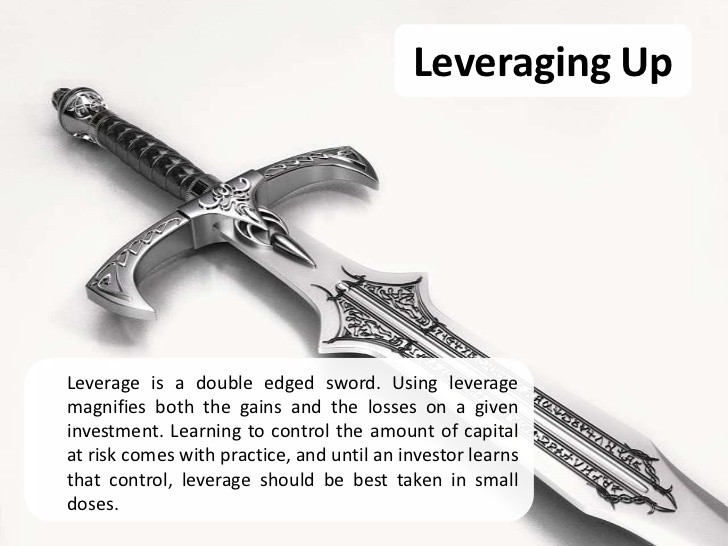How to Avoid Rookie Investor Mistakes
Post on: 18 Март, 2016 No Comment

Maybe youre ready to start investing, or it could be that after the last couple of years of a rocky market, you feel like youre essentially back to square one. Whatever the case, knowing the basics can lay the ground work for a healthy financial future.
Start small. Ideally, shoot to invest at least 10 percent of income, but if you cant, go for 5 percent and work your way up, says Greg Womack, author of Wisdom and Wealth. One mistake that new investors tend to make is that they view investing as an all or nothing proposition. Slowly wading into the water and getting acclimated is one of the better ways to go, says Tony Keena, a financial advisor with the Estate & Business Planning Group. Be sure too that even before you begin investing that you have an emergency fund to cover unexpected events, advises Edward Polansky, a certified public accountant with Weaver.
Analyze your financial psyche. A persons financial temperament has everything to do with whether they will be a successful investor, so its important to know who you are. Are you the type of person who cant take volatility? Do you understand the difference between risk and volatility because this will also dictate your investments, explains Ken Kamen, president of Mercadien Asset Management. Risk is defined as the likelihood of reaching a goal or not. Volatility is how bumpy the road will be along the way. If youre someone who sees risk and volatility as the same thing, you may be less likely to be able to stick with a long term investing plan, he adds.
Define your goals. Set your timeline and develop your shopping list. Determine when youll need this money, is it for the short or long term? When you need the money will dictate how to invest it, explains Kamen. Someone who has no immediate need for cash would do better with buying stocks or equities, since they are the better hedge against inflation. Fixed income, CDs or bonds are better for the investor with more immediate financial needs. Know however, that just because your portfolio is for the long-term, that does not mean that risky investments should be overweighted or too concentrated, says Cary Greenspan of PNC Wealth Management. In other words, just because you have a long time before youll tap that money, dont go crazy heaping your plate with risky investments.
Do your homework. If an investment is so complicated you cant grasp it, say no thanks and walk away. While you dont need to be an investment expert, you do need to understand the basic rules, dynamics and variables of each investment. If youre a new investor and youre serious about long term plans, dont start by buying individual securities. Look for more toward broader market sectors like an S&P 500 fund for large company exposure or a Russell 2000 fund for small company exposure, says Kamen.
Be diverse. You want a mix investments. No one stock or one investment will take you where you need to go. Create a mix that includes stocks, bonds, cash and other assets that suit your investing goals and personality. Diversification increases return while minimizing risk, explains Mark Lloyd of Lloyd Advisory Services. Asset allocation accounts for more than 90 percent of a portfolios performance. Having your funds across asset classes reduces risk and improves long-term return.

Ignore the noise. Investing is not a fad, but a lifestyle. Another way to put this, avoid the hype, says Keena. Trends or fads are very hard to predict and the gains usually are not realized until after the wave has occurred. Remember, the media covers volatility, not risk. Too many investors have gotten scared out of the market because of short-term hysteria over one segment of the economy and derailed their long-term plans, says Kamen. Dont check your portfolio on a daily basis. No one tells you what your car or house is worth on a daily basis, but because portfolios are priced every day, its easy to fall into the trap of looking daily, he adds. However, do review your portfolio quarterly. You may need to rebalance your assets once a year if, because of movement in the markets, they are no longer allocated as you wish.
Dont watch the clock. Its better to invest regularly, without regard to the general condition of the economy or the direction of the stock market, then to wait for a time when you think the market is going to do well. Timing the market or trying to determine the best time to buy specific stocks rarely works, says Darrell Canby, president of Canby Financial Advisors. You might get lucky once in a while, but your luck is not likely to last, he says. Remember those day traders who quit their jobs to buy and sell stock on the Internet? In many cases they were trying to time the market. You havent heard about them recently because theyre back working real jobs, he adds.
Think long term. Taking a long-term perspective is one of the keys to investment success. Understand that slow and steady usually wins the race. Says Keena of investing guru Warren Buffet, He didnt get where he is by day trading. He takes a long term perspective, invests in what he knows and understands and stands by his convictions.














